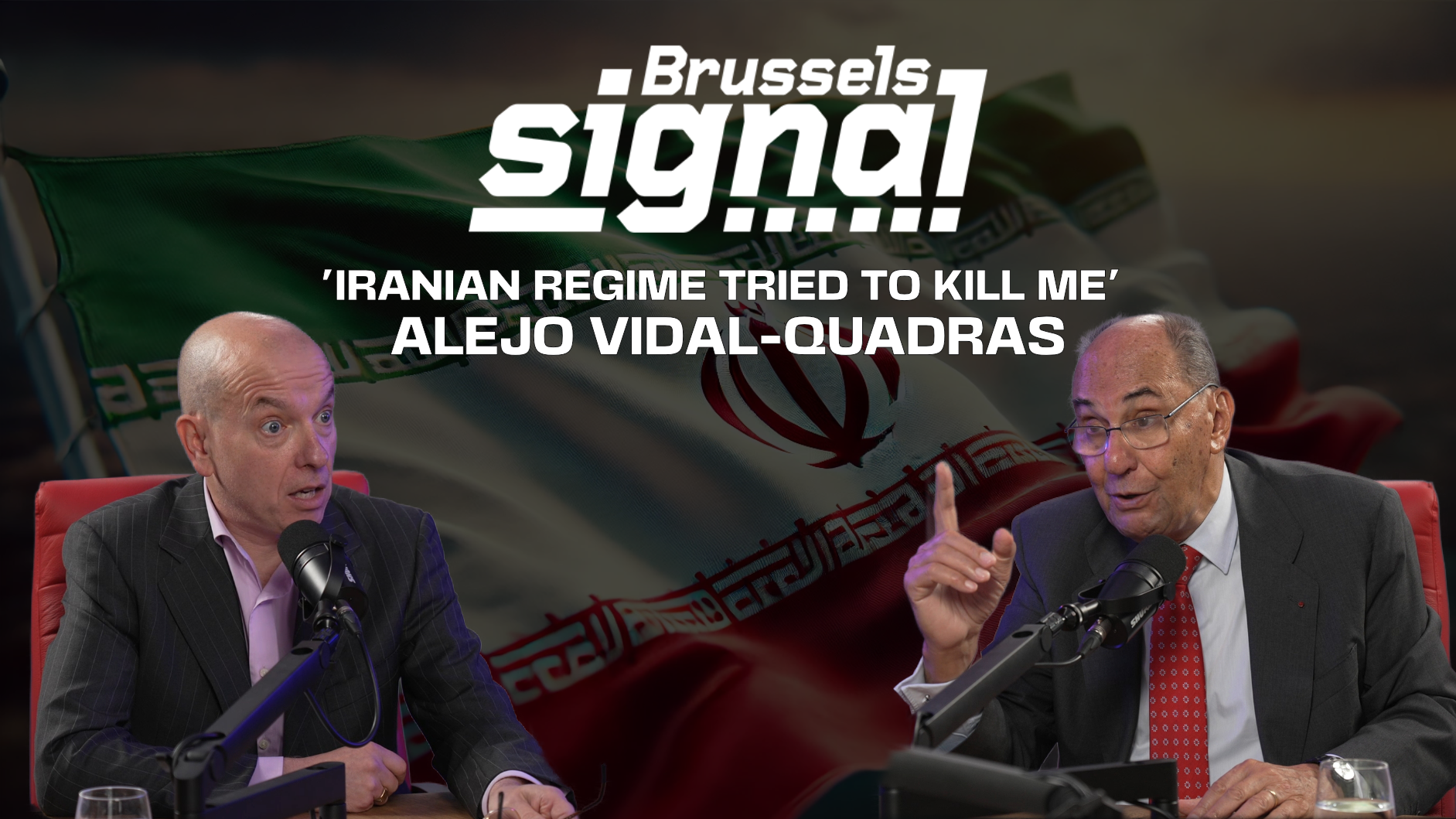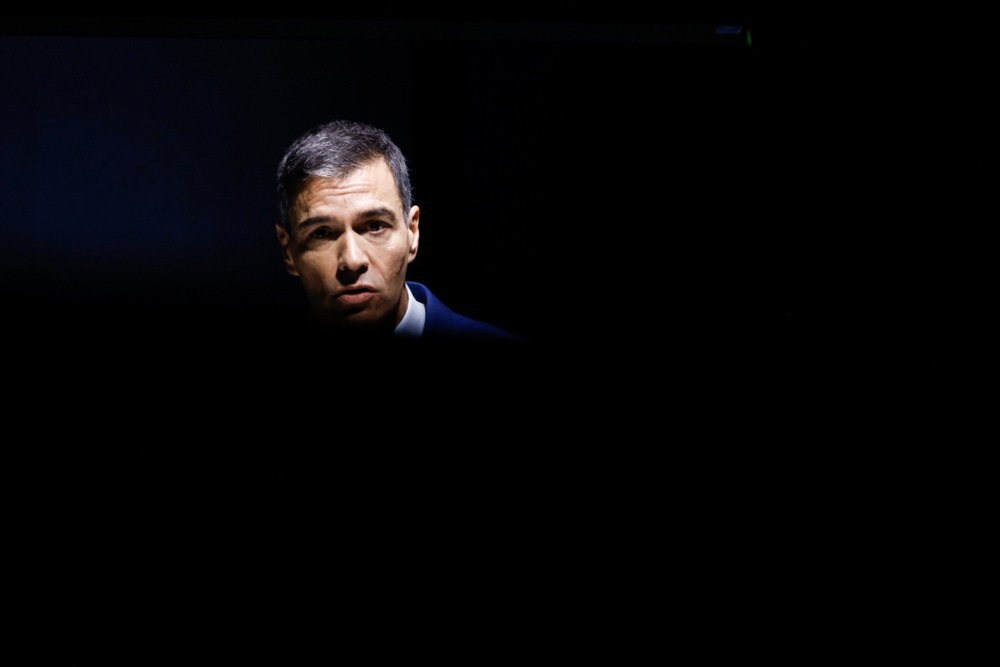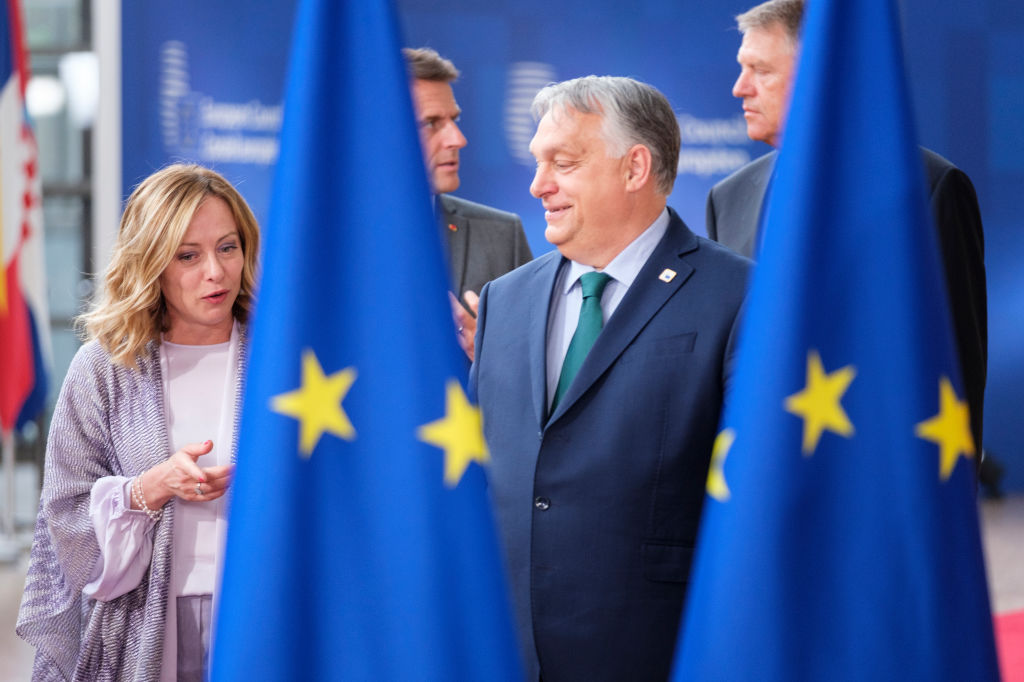The re-election of Donald Trump as US president could radically transform Europe’s relations with Iran, particularly in a context marked by Israeli pressure and regional tensions exacerbated by the October 7 attacks.
These attacks, which ignited a new phase of conflict in the Middle East, reinforce the historic rivalry between Israel and Iran, an enmity that has persisted since the 1979 Islamic Revolution.
Trump, during his first term, withdrew from the Iran nuclear deal (JCPOA), leaving Europe caught between its commitment to multilateral diplomacy and its strategic dependence on Washington.
Now, with his return to power and Israel’s intensifying diplomatic influence, European leaders may be forced to rethink their stance.
One of the decisive factors will be the close alliance between the US and Israel. Benjamin Netanyahu’s government, backed by its relationship with Trump, is already increasing pressure on Europe to adopt a tougher stance towards Tehran.
This could translate into tighter sanctions, greater diplomatic isolation and even support for military action against Iran’s nuclear programme.
Amir Avivi, a retired IDF brigadier general, founder and CEO of the Israeli Defence and Security Forum, summarised this strategy in a recent interview with Brussels Signal:
“I think that with Trump there is an understanding that peace can be achieved through strength, not appeasement. You cannot appease radical countries and organisations. You need to show strength and deal with the threats that exist in the Middle East among them Iran and its proxies.”
However, Europe faces challenges. Its economic and strategic interest in relations with Iran remains, particularly in energy and regional security.
Countries such as France and Germany, advocates of diplomacy, clash with others more aligned with the US and Israel. This is compounded by an increasingly critical public perception of Iran, exacerbated by recent incidents in the Strait of Hormuz and Iranian support for military groups.
Breaking definitively with the JCPOA without a viable alternative could further destabilise the Middle East and increase the risk of direct conflict.
Ironically, while Israel seeks escalation to neutralise Iran, Washington seems less enthusiastic about an immediate military confrontation, given its complex global agenda.
In this scenario, the Abraham Agreements have allowed Israel to consolidate ties with Sunni Arab countries such as Morocco and Saudi Arabia but have also encouraged Iran and its Shia allies to intensify their regional pressure.
While Avivi advocates an alliance between the West, Israel and the moderate Sunni world, the growing influence of China and Russia, Iran’s strategic allies, threatens to tip this balance.
On the other hand, with the growing and problematic Islamisation of Europe – financed partly by countries such as Morocco, Turkey and Saudi Arabia – it would be difficult for the population to understand a broad alliance between the West and openly Islamic countries.
Moreover, pressure from the Iranian opposition, led by the National Council of Resistance of Iran (NCRI), adds a new dimension. Its leader, Maryam Rajavi, recently presented to the European Parliament a plan for a post-clerical Iran, based on an interim government, democratic elections and the separation of religion and state.

The NCRI has 457 members from diverse political backgrounds. It was established 43 years ago in Tehran by Massoud Rajavi and champions “a comprehensive agenda that promotes freedoms and women’s rights, autonomy for ethnic groups, equality between Shia and Sunni Muslims as well as other religious minorities, and the separation of church and state.”
This sort of government-in-exile, with transatlantic support, could become a key player in the eventual collapse of the ayatollahs’ regime.
It also advocates the abolition of the death penalty and a non-nuclear Iran. The alignment of interests with Israel and the US is evident.
Ultimately, the real question is not the survival of the Iranian regime, but the extent to which Russia and China will step in to safeguard their interests in Tehran. For Europe, the challenge will be to balance its diplomatic values with growing pressure from Washington and Israel, all in an increasingly polarised global arena.
?️Our interview with former MEP @VidalQuadras on Iran, terrorism and attempted murder
?? ONLINE TOMORROW
‼️ Stay tuned to our YouTube channel https://t.co/GAmOWixPAW #iran #eu #europeanunion pic.twitter.com/jvI4vfaaTK
— Brussels Signal (@brusselssignal) September 25, 2024





Trump wins: time for a new European defence policy?